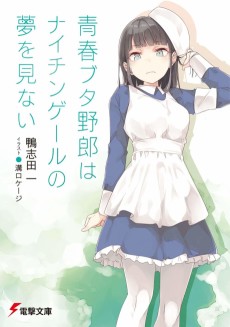SEISHUN BUTA YAROU WA MY STUDENT NO YUME WO MINAI
STATUS
COMPLETE
VOLUMES
1
RELEASE
December 9, 2022
CHAPTERS
5
DESCRIPTION
Book 12 of the Seishun Buta Yarou series.
There's a new student at Sakuta’s cram school: the honor student Sara Himeji. She’s another person who received Adolescence Syndrome from Touko Kirishima and most curious of all, apparently doesn’t want it to be fixed. Exactly what sort of syndrome could it be? And while all this is unfolding, Sakuta has to grapple with the cryptic message saying that Mai is in danger!
(Source: Yen Press)
CAST

Mai Sakurajima
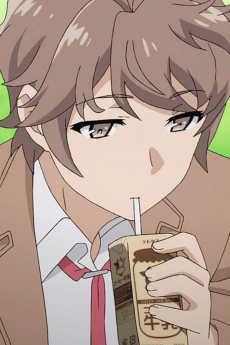
Sakuta Azusagawa

Sara Himeji
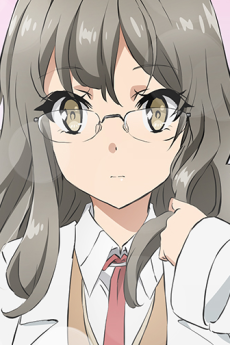
Rio Futaba

Tomoe Koga
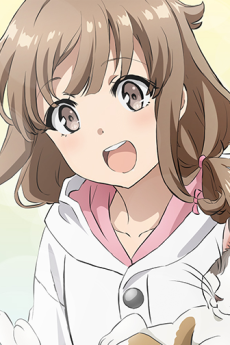
Kaede Azusagawa
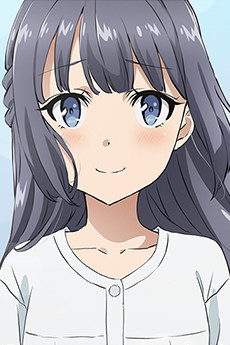
Shouko Makinohara
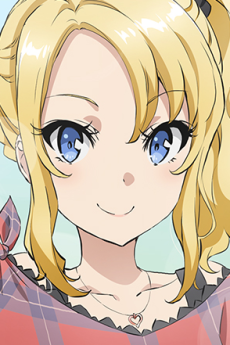
Nodoka Toyohama
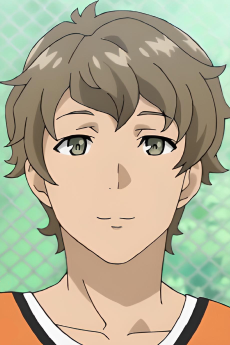
Yuuma Kunimi
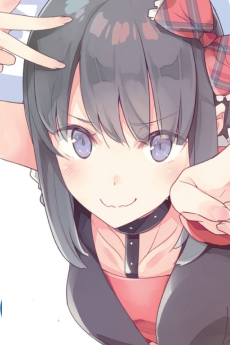
Uzuki Hirokawa
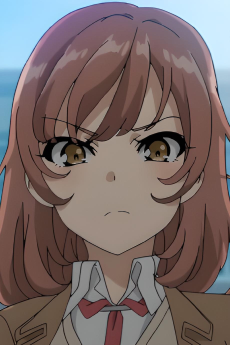
Saki Kamisato

Miori Mitou

Miniskirt Santa

Ikumi Akagi

Juri Yoshiwa

Kento Yamada
CHAPTERS
RELATED TO SEISHUN BUTA YAROU WA MY STUDENT NO YUME WO MINAI
REVIEWS

Gatchanto
90/100Sara Himeji: A Character Torn Between Head and HeartContinue on AniList"I wish I’d been able to fall in love with you properly" - Sara Himeji
Sara Himeji’s arc in the Rascal Does Not Dream series is a masterclass in emotional misdirection and internal conflict. What initially appears to be a lighthearted flirtation with a sarcastic cram school teacher gradually unwinds into one of the most raw, tender, and heartbreaking explorations of Adolescent Syndrome in the entire series. The novel takes a deceptively quiet approach: no invisibility, no quantum loops, no body-swapping. Instead, it presents Adolescence Syndrome as an emotional crutch. For Sara, it’s rooted in something achingly simple: a crushed first love and the hollow attention that follows.
The story wisely leverages the contrast between Sara’s outward behavior and inner vulnerability. She uses her wit and beauty as a shield. Adolescence Syndrome amplifies this by turning her emotional insecurity into a supernatural ability, which allows her to listen to others without ever being forced to share her own truth.
Sara is popular and admired, yet rarely seen. Sara’s Adolescence Syndrome is born from this aching contradiction: The fear of being truly understood. Her power to overhear thoughts gives her an illusion of intimacy, but no real human connection. She admits this to herself, with brutal honesty:
"I was spying on everyone. Toying with their emotions—and you know why I was coming after you!"
The breakdown scene in her classroom during the evening is among the most emotionally resonant in the series. As she sobs into his chest, lamenting the loss of her abilities, she is finally laid bare:
"Why can’t I hear them anymore?!"
Not because she misses the power, but because she feels voiceless. Sakuta, always gentle, replies with:
"Curing Adolescence Syndrome is a good thing..." - Sakuta Azusagawa
It’s a necessary kindness. It's a nudge toward maturity.
Her ability to love is never in question. It’s the way she learns to direct that love that defines her growth. By choosing to walk away without resentment, she steps into the realm of self-respect.
"If I get into my first-choice college, I’ll ask you again!"
It's not a childish threat. It’s a testament to how much she has chaged. She no longer needs anyone's validation. She’s found her voice, and she’s ready to face life on her own terms.
It’s also important to examine how the narrative treats Sara in contrast to Mai. Mai Sakurajima is beautiful, mature, and deeply in tune with her emotions. It's an impossible standard for someone like Sara who is still wrestling with first love and self-worth.
"You're not wrong for having feelings for Sakuta. But I'm not wrong for dating him, either," - Mai Sakurajima
Mai's confrontation is quiet, but piercing, revealing the emotional chasm between the two. Mai's not trying to compete. She is defending what matters to her. That composure devastates Sara more than anger ever could.
"How can you just be nice to me?!"
A cry not of hatred, but of shame and jealousy. In that moment, Sara sees the maturity and self-assurance she lacks. Mai's confidence, rather than comforting her, becomes a mirror she can't avoid. Their exchange is not a battle, but a quiet reckoning for Sara. It's one that forces Sara to confront her feelings honestly for the first time.
There’s a moment during their car ride that crystallizes this. When Mai calls her 'Sara' and extends a hand of casual friendship, Sara freezes. She stammers, surprised. 'Y-yes. Please.' In that moment, it’s clear Sara envies not just Mai’s relationship with Sakuta, but also her self-assuredness. Mai doesn’t just 'have' Sakuta. She loves herself enough to let her emotions be real. That’s something Sara is still learning to do.
Sakuta, for his part, is never cruel. His boundaries are clear. Instead, he offers quiet support and consistent honesty.
"I’m already grateful you chose to become my student." - Sakuta Azusagawa
It’s not what she wants to hear… but it’s exactly what she needs.
And so, Sara doesn’t just survive rejection. She overcomes it. She ends her arc with dignity, her head held high, and a new goal in sight. Her promise to ask again after college is a symbol of her hope that next time, it won’t be as a girl seeking affection, but as a woman offering love.
This is the true brilliance of Hajime Kamoshida’s writing. Sara arc is not reduced to simple romantic clichés. She is allowed to be messy, emotional, and impulsive; yet she is still treated with compassion and depth. Her journey is not dismissed or sidelined, but fully honored. Even in heartbreak, she is empowered. In many ways, Sara's Adolescence Syndrome reflects emotional distress in one's adolescence journey. It's the internal growing pains that come with learning to love others without losing yourself. For Sara Himeji, that lesson is hard-earned but transformative.
The novel leaves us with an image of a young woman staring ahead. She has let go of her psychic crutches. She has made peace with her heartbreak. And more than anything, she has begun the long, beautiful journey of learning to love herself.
"I'll never stop grumbling about you."
Her final words sting so sweetly. It’s not bitterness. It’s not regret. It’s a little piece of her past, tucked safely into her memory, allowing her to move forward with grace.
In the end, Sara Himeji is not defined by rejection.
It's by resilience.
SIMILAR MANGAS YOU MAY LIKE
SCORE
- (3.75/5)
MORE INFO
Ended inDecember 9, 2022
Favorited by 25 Users


